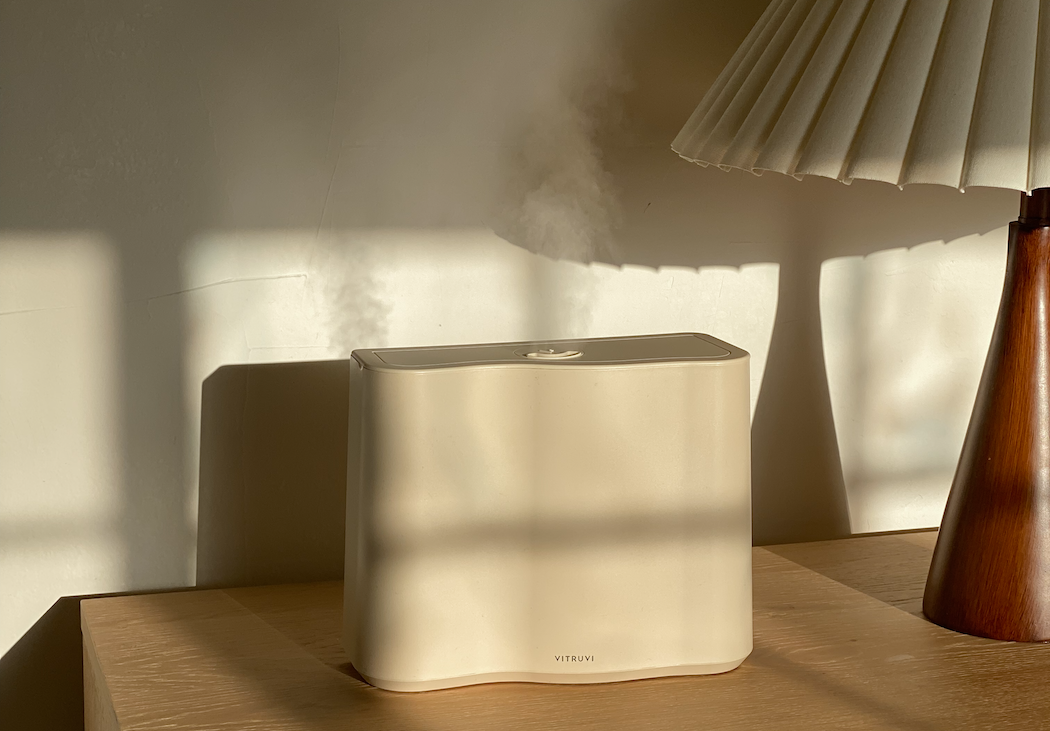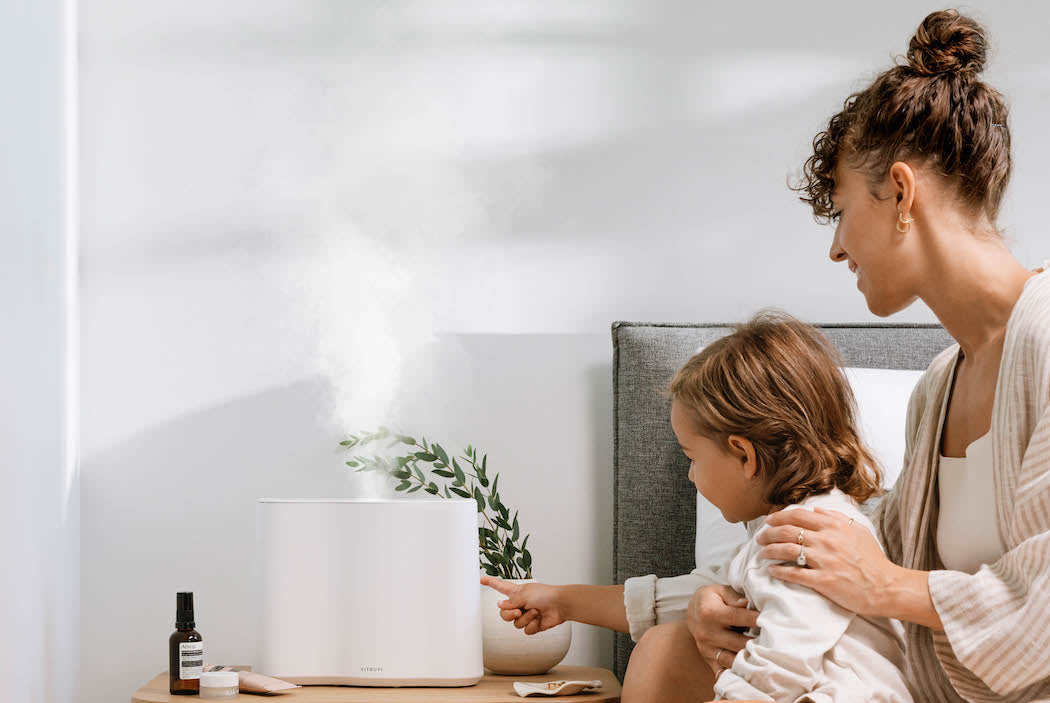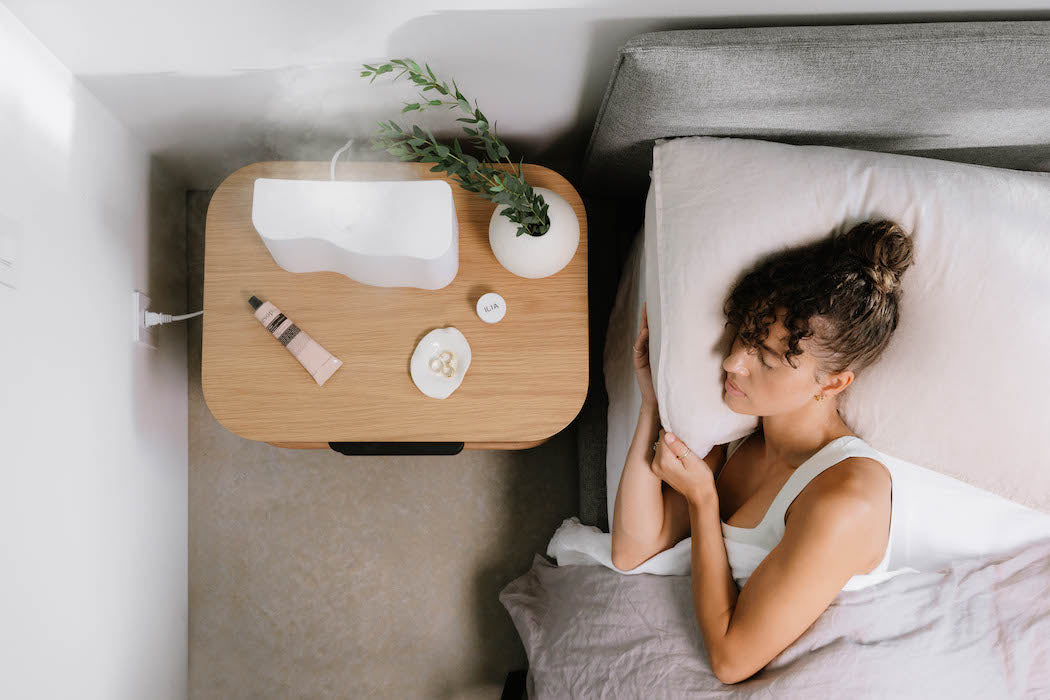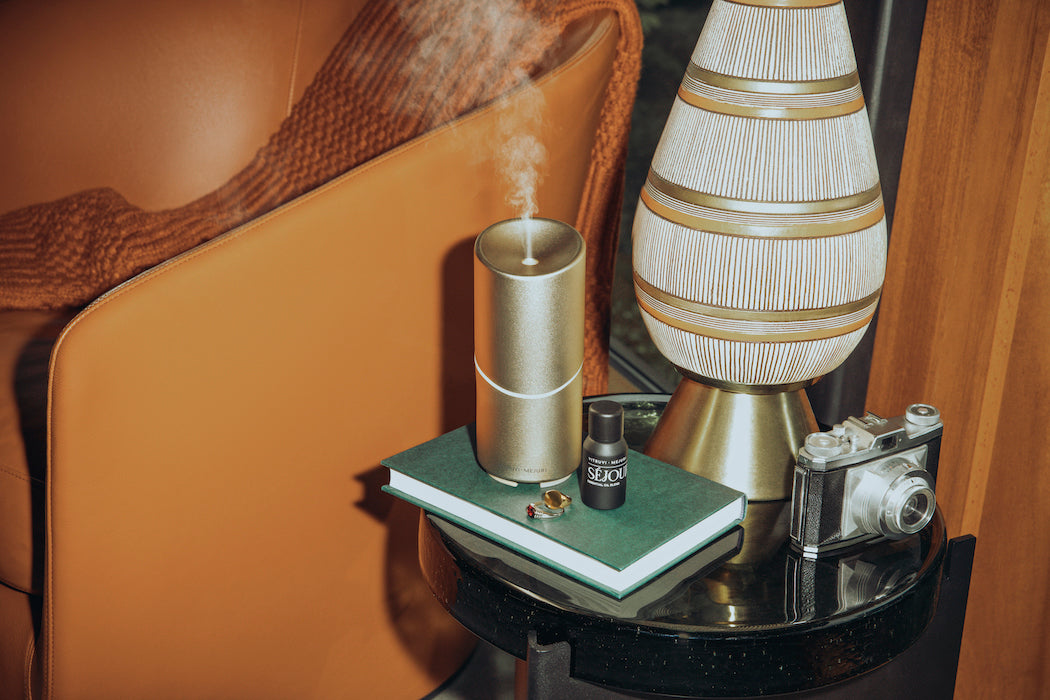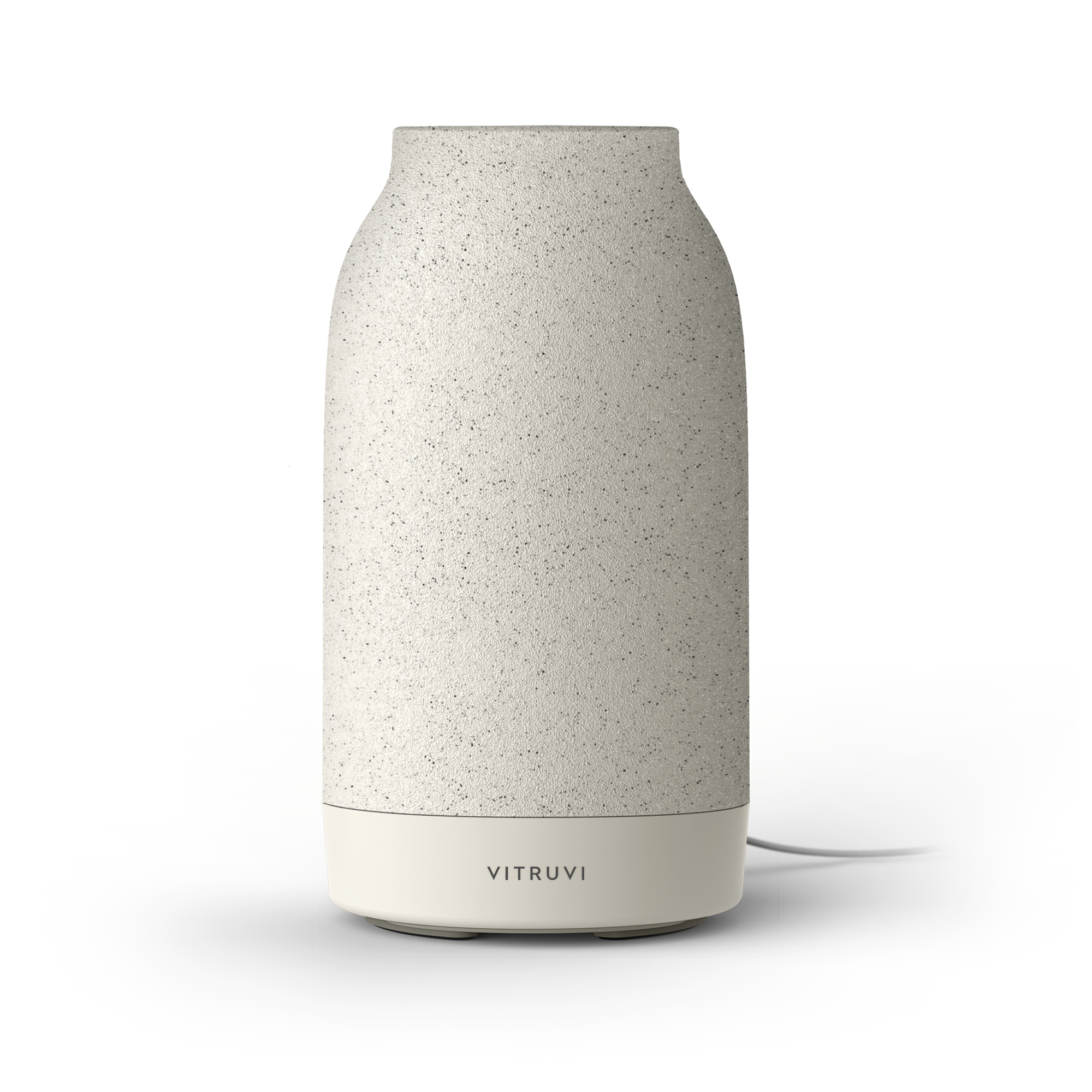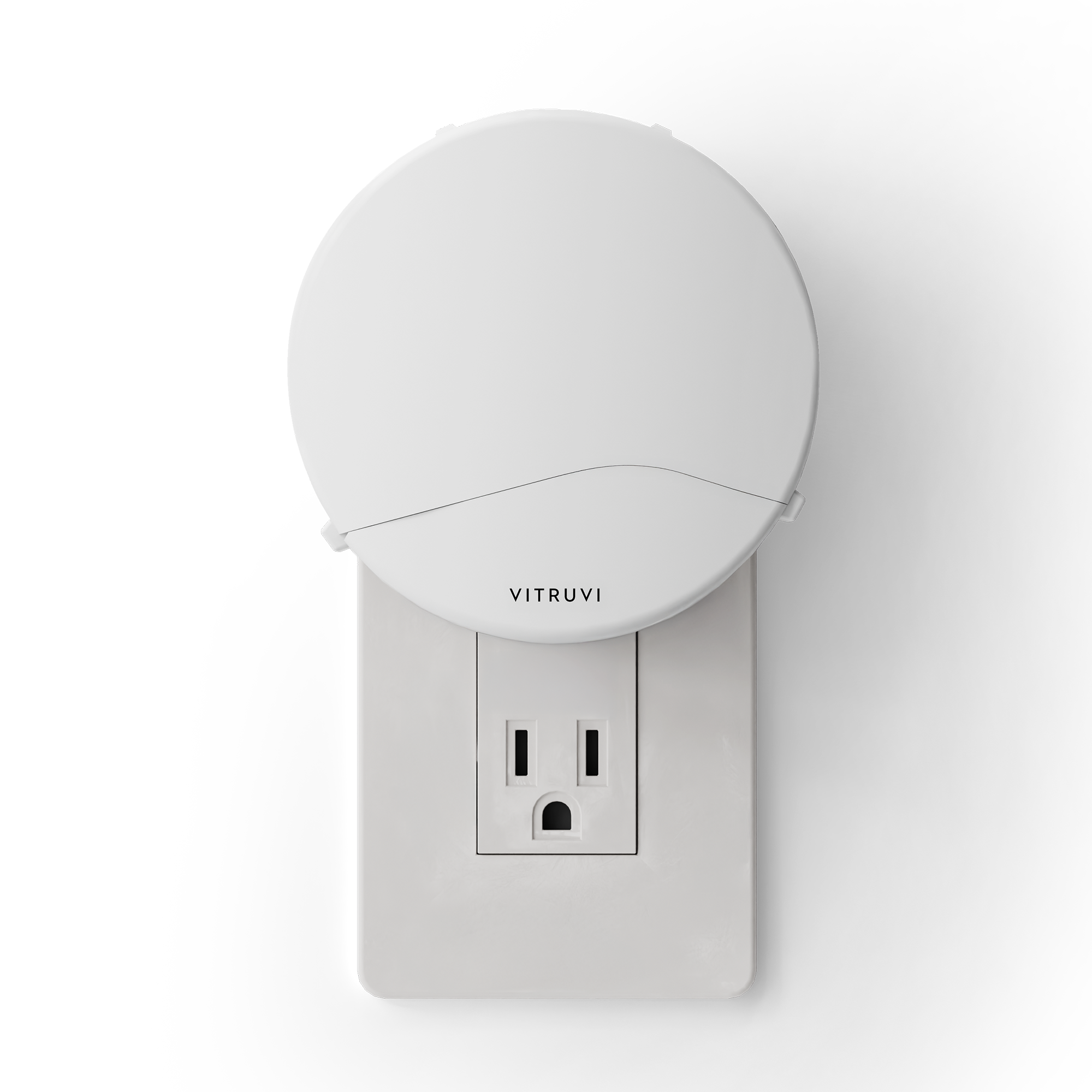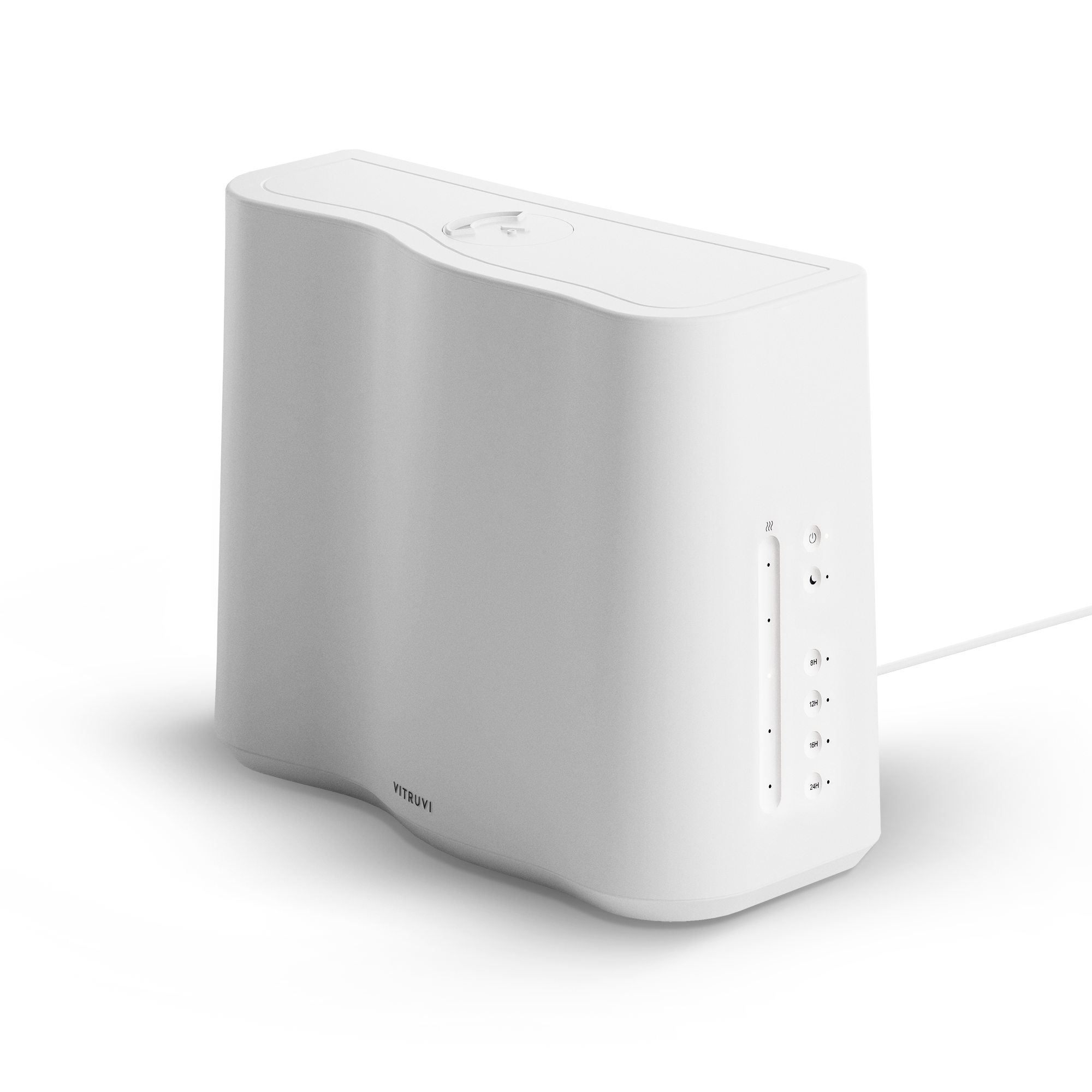Sleep hygiene is a term you may have heard in relation to insomnia. It’s just another way of discussing habits that help you fall asleep—and stay asleep. While we may never again experience the blissful slumber of an exhausted child who can fall asleep literally anywhere, what we do to prepare for our sleep may help us get the rest we need.
Some of the tips to improve your sleep hygiene may seem obvious, while others not so much. For starters, aside from investing in a good-quality, comfortable mattress, don’t forget the linens and pillows. You need to feel comfortable with your whole sleep environment, and lumpy pillows or scratchy sheets won’t help.
Also try to filter out noise if you need to, using ear plugs, white-noise machines, or apps. If light bothers you, try black-out curtains or eye masks, and swap electronic clocks for analogue ones that don’t glow in the dark. If your partner tosses and turns a lot, two twin mattresses side by side give you the space you need as a couple, but your partner’s movements won’t affect your side of the bed. Does your partner pull on the covers? Use two—one for you and one for them.
Next, limit your bedroom use. Unless you’re sleeping, preparing to sleep, or having sex, it’s best to stay out of your bedroom. Don’t work in the room or use it for watching TV or movies, and keep all electronics out, including your tablets and reading devices; a good old-fashioned paper book is what you need if you like to read before bed. Doing all of this means your body will recognize that the bedroom environment means it’s time to sleep. Scent can help with this, too: pick a particular smell that makes you feel calm (soothing Lavender Essential Oil is a popular one,) and diffuse it every night as you crawl into bed. Another great option is our Sleep Essential Oil Blend, made with Roman Chamomile, Vetiver, and more, or Dusk, with notes of Lavender, Eucalyptus, and Ho Wood.
Finally, keep your room’s humidity level at an optimal range. This can be done with a humidifier, which has added benefits of preventing snoring, relieving stuffy noses and dry throats, and moisturizing your skin and hair. Our Cloud Humidifier is a great option because of its nightstand-friendly size and its 24-hour run time (so you can set it and forget it). Additionally, our Humidity Sensor makes it easy to measure your levels.
Whether it’s taking a warm bath, doing gentle stretching exercises, puttering around the kitchen preparing the next day’s meals, or anything else, doing the same things at the same time every night can help prepare your body for sleep. The trick is to keep your actions and environment as calm as possible.
Sleep issues can be frustrating, but sometimes it’s the simple tricks that work best.



